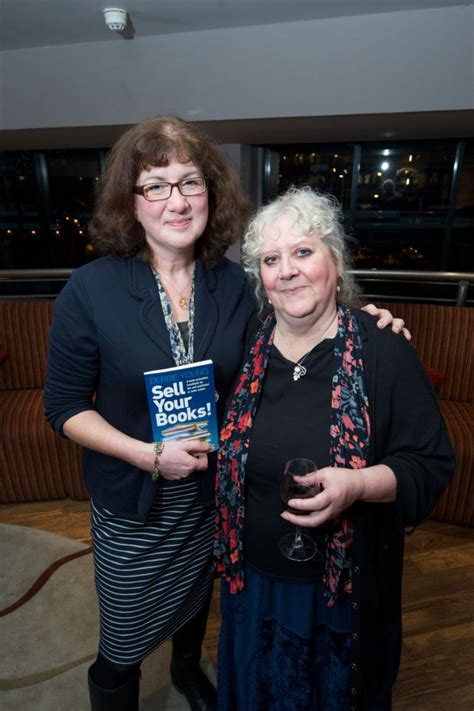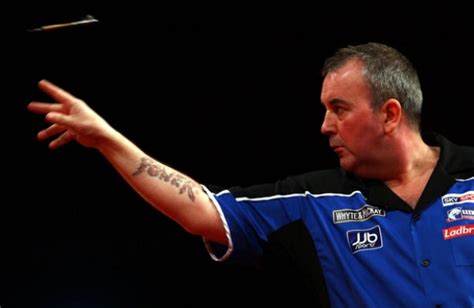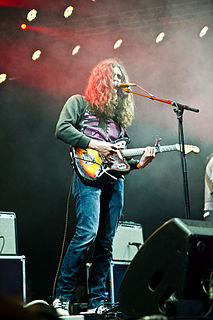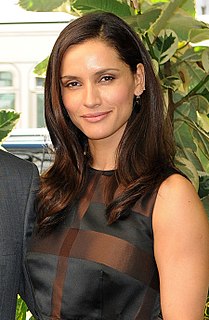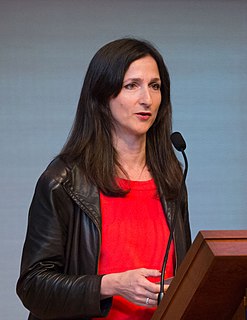A Quote by Helen Hollick
We had so many dreams as children. Where do they go when we grow? Are they swallowed up by the mundane things of everyday life? Or do we lose them, leave them behind us in the dust, for new children to find and take up?
Related Quotes
Sometimes it was easier to swim with the current rather than fight against it. There was always a shallow pool somewhere ahead. Memories are like battles, and battles can go one way or the other. You can stand and fight, no matter what pains run from you wounds; or you can turn tail and run, knowing then that the enemy will follow and without mercy hunt you down. We had so many dreams as children. Where do they all go when we grow? Are they swallowed up by the mundane things of everyday life? Or do we lose them, leave them behind us in the dust, for new children to find and take up?
I really, really love children and I think probably among children is when I feel mostly berated. It's not like I feel like oh, there's some children here. I have to tone it down. I go nuts with children especially when I ain't got none. So when I'm round my mates' children, I jest them kids up first. I swear at them, I get more worked up, I say crazy stuff to them, fill their heads with nonsense and then I leave them.
They had each other and there was a love between them that would withstand anything. Alina and I had always intuited, with no small wry pique, that, although our parents adored us and would do anything for us, they loved each other more. As far as I was concerned, that was the way it should be. Kids grow up, move on and find a love of their own. The empty nest shouldn't leave parents grieving. It should leave them ready and excited to get on with living their own adventure, which would, of course, include many visits to children and grandchildren.
When a child becomes an adult . . . the elders are fearful. And for good reason . . . not we but they are the germinators of future generations. Will they leave us behind as we did our parents? Consign us to neatly paved retirement villages? Trample us in the dust as they go flying out to their new galaxies? We had better tie them down, flagellate them, isolate them in the family cocoon, . . . indoctrinate them into the tribal laws and make sure they kneel before the power of the elders.
I know, you've been here a year, you think these people are normal. Well, they're not. WE'RE not. I look in the library, I call up books on my desk. Old ones, because they won't let us have anything new, but I've got a pretty good idea what children are, and we're not children. Children can lose sometimes, and nobody cares. Children aren't in armies, they aren't COMMANDERS, they don't rule over forty other kids, it's more than anybody can take and not get crazy.
I'm always loath to make generalizations about what is for children and what isn't. Certainly children's literature as a genre has some restrictions, so certain things will never pop up in a Snicket book. But I didn't know anything about writing for children when I started - this is the theme of naïveté creeping up on us once more - and I sort of still don't, and I'm happy that adults are reading them as well as children.
If you want your children to relate to the culture you live in, if you want to train them outside of the general system, you have to tell your children that ordinary children tend to say things like 'I can run faster than you; I can draw better than you; I know things you don't know'. You have to tell them what normal children are like. Normal children are messed up and you have to tell them about that. But if you instruct your child in high correlation with the physical world, they won't be able to relate with normal children. Normal means mixed up as I use the word.
Ask any parent what we want for our children, and invariably we say 'a better life.' To that end, we give our time, our sleep, our money, and our dreams, much as our parents did before us. We all want a better life for our children. But what we want for them ceases to matter if we leave them an unlivable world.
I don't think discovery of a new planet has a huge meaning for children now, but what it means is the world they're growing up in is very different from children of previous generations. We had Star Trek, Star Wars and Futurama - and we still do - but for children today, they will grow up in a world where other stars were known.
